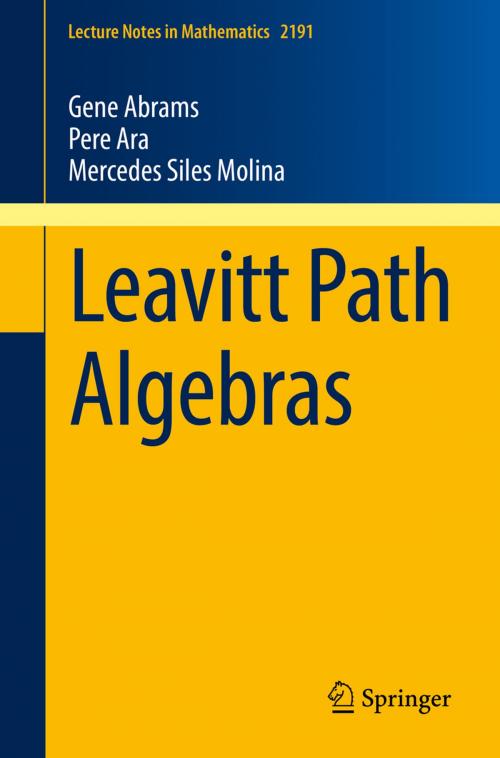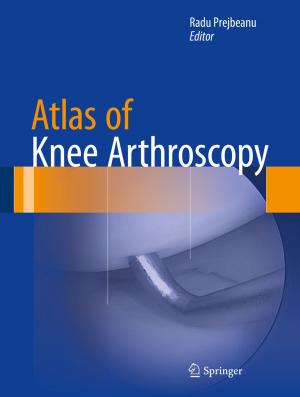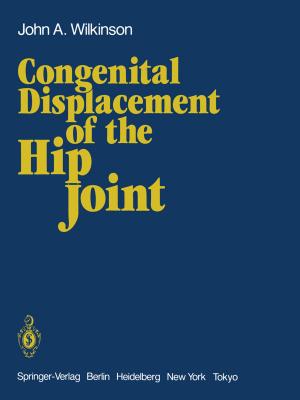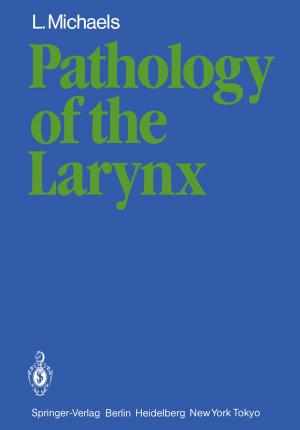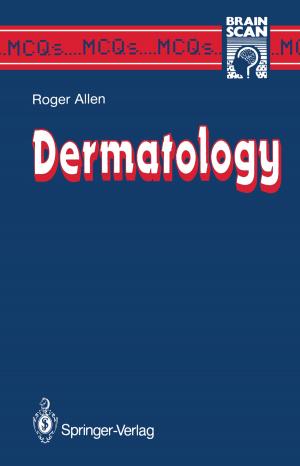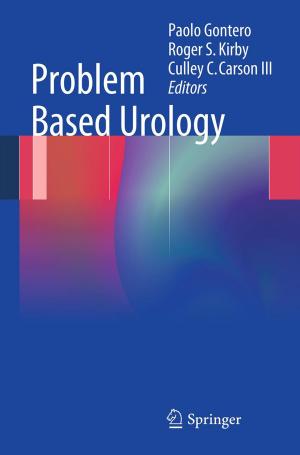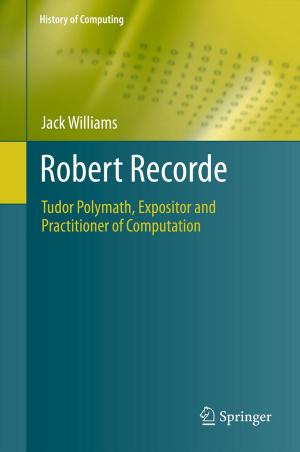| Author: | Gene Abrams, Mercedes Siles Molina, Pere Ara | ISBN: | 9781447173441 |
| Publisher: | Springer London | Publication: | November 30, 2017 |
| Imprint: | Springer | Language: | English |
| Author: | Gene Abrams, Mercedes Siles Molina, Pere Ara |
| ISBN: | 9781447173441 |
| Publisher: | Springer London |
| Publication: | November 30, 2017 |
| Imprint: | Springer |
| Language: | English |
This book offers a comprehensive introduction by three of the leading experts in the field, collecting fundamental results and open problems in a single volume.
Since Leavitt path algebras were first defined in 2005, interest in these algebras has grown substantially, with ring theorists as well as researchers working in graph C*-algebras, group theory and symbolic dynamics attracted to the topic. Providing a historical perspective on the subject, the authors review existing arguments, establish new results, and outline the major themes and ring-theoretic concepts, such as the ideal structure, Z-grading and the close link between Leavitt path algebras and graph C*-algebras. The book also presents key lines of current research, including the Algebraic Kirchberg Phillips Question, various additional classification questions, and connections to noncommutative algebraic geometry.
Leavitt Path Algebras will appeal to graduate students and researchers working in the field and related areas, such as C*-algebras and symbolic dynamics. With its descriptive writing style, this book is highly accessible.
This book offers a comprehensive introduction by three of the leading experts in the field, collecting fundamental results and open problems in a single volume.
Since Leavitt path algebras were first defined in 2005, interest in these algebras has grown substantially, with ring theorists as well as researchers working in graph C*-algebras, group theory and symbolic dynamics attracted to the topic. Providing a historical perspective on the subject, the authors review existing arguments, establish new results, and outline the major themes and ring-theoretic concepts, such as the ideal structure, Z-grading and the close link between Leavitt path algebras and graph C*-algebras. The book also presents key lines of current research, including the Algebraic Kirchberg Phillips Question, various additional classification questions, and connections to noncommutative algebraic geometry.
Leavitt Path Algebras will appeal to graduate students and researchers working in the field and related areas, such as C*-algebras and symbolic dynamics. With its descriptive writing style, this book is highly accessible.
